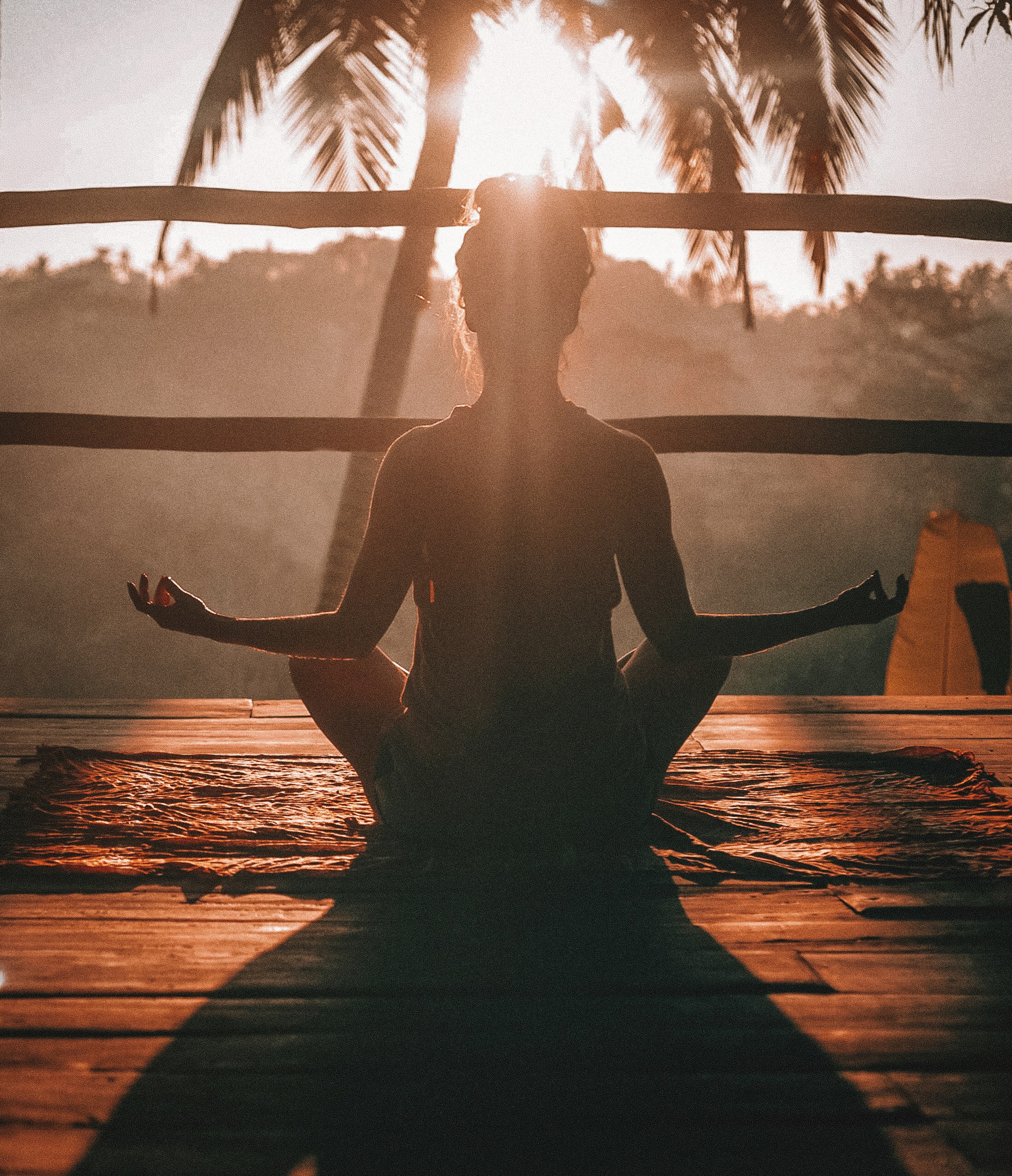A Path to Inner Peace and Well-being
2024
In the hustle and bustle of modern life, where distractions abound and stress levels soar, the concept of mindfulness offers a profound antidote—a way to reconnect with the present moment and cultivate a deeper sense of peace and well-being. Join me on a journey as we explore the essence of mindfulness, its benefits, and practical techniques to integrate this ancient practice into our daily lives.
Understanding Mindfulness
At its core, mindfulness is the practice of intentionally focusing our attention on the present moment, without judgment. It invites us to observe our thoughts, emotions, and sensations with a sense of curiosity and acceptance. Rooted in Buddhist traditions, mindfulness has evolved into a secular practice embraced by psychologists, therapists, and individuals seeking to reduce stress and enhance overall quality of life.
The Benefits of Mindfulness
Research has shown that regular practice of mindfulness can have profound benefits for both mental and physical well-being. It reduces stress and anxiety by promoting relaxation and emotional regulation. It improves focus and cognitive function, enhancing our ability to concentrate and make thoughtful decisions. Mindfulness also fosters greater self-awareness, helping us to recognize habitual patterns of thinking and behavior that may no longer serve us.
Practical Techniques for Daily Practice
Incorporating mindfulness into our daily routine doesn’t require hours of meditation or solitude. It can be as simple as taking a few moments to pause and consciously breathe, tuning into the sensations of each inhale and exhale. Mindful walking, where we pay attention to the sensations of each step, can also be a powerful practice. Additionally, mindfulness can be applied to daily activities such as eating, listening to others, or even washing dishes—bringing a sense of presence and awareness to each moment.
Overcoming Challenges
While mindfulness offers numerous benefits, incorporating it into our lives can sometimes be challenging. Our minds are often conditioned to wander, and distractions are plentiful. However, with patience and persistence, mindfulness becomes more accessible. Gentle guidance from teachers, meditation apps, or community support can provide valuable resources and encouragement along the journey.
Cultivating Compassion and Gratitude
Beyond the individual benefits, mindfulness cultivates qualities such as compassion and gratitude. As we become more attuned to our own experiences, we also develop empathy and understanding towards others. Mindfulness teaches us to appreciate the simple joys of life—the beauty of nature, the warmth of a smile, or the taste of a favorite meal—nurturing a sense of gratitude for the richness of our human experience.
Conclusion: Embracing the Present Moment
In conclusion, mindfulness is not merely a practice but a way of being—a gentle invitation to embrace the present moment with openness and compassion. By cultivating mindfulness, we empower ourselves to navigate life’s challenges with greater resilience and clarity. Whether you’re new to mindfulness or a seasoned practitioner, may this journey inspire you to embrace each moment with mindfulness and live fully in the richness of the present.
"Mindfulness is the art of living fully in the present moment, embracing each breath as a gift of awareness and peace."



